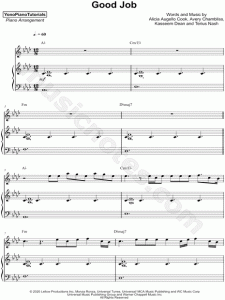1 Hour Of Piano Transcription
A pianist who has learned to master their instrument is able to play music with ease. This ability comes from years of training and the accumulation of a wealth of experience. It is also a result of the pianists dedication to practice and the quality of their teaching.
A piano student who wants to become a good pianist should spend at least an hour of piano transcription each day. This includes practicing all of the basics of the piano, and also the more advanced aspects that are important to learn and master such as reading music.

The goal should be to build a solid repertoire that is challenging but not too hard for the beginner. Having an attainable practice goal can help make the practice sessions more enjoyable and motivate the student to continue practicing.
First, determine what pieces you want to work on next. Whether they are for competitions, auditions, or just for fun, this will help determine how much piano transcription you need to do each day to prepare for the performance.
How Much Time Is 1 Hour Of Piano Transcription?
Next, plan out the amount of time you want to practice each day and stick to it. You may have to change your practice schedule if you are not progressing as quickly as you would like, but that will not be the end of the world.
If you are a beginner, the best approach is to find a piece that is within your capabilities and then start working on it. This will not only help you progress faster but will also allow you to get more out of each and every practice session because you will be able to complete the piece much quicker.
This can be done by using a practice score or even listening to recordings of your favorite musicians playing the same piece. This will also give you an idea of how long each piece takes to learn and what areas you need to focus on more.
Another way to ensure you are progressing faster is to use a piano teacher to guide your practice. This will not only help you develop the proper technique but it will also be a great source of advice as to how to improve your playing as a whole.
You should always try to play the piece slowly so you can get used to all the dynamics that are in the score. This will also allow you to avoid mistakes such as playing too loudly or too softly.
When you are learning a new piece of music, be sure to take notes on the sheet music. This will help you remember the notes, and it will also provide you with an easy reference when you are working on it again.
The sheet music for the piano usually has dynamic markings that tell a player how loudly or softly to play. This is important because it can make the difference between a good performance and a poor one. It is also a good idea to use a metronome when practicing. This will help you keep the tempo of the piece steady and will help you to practice for longer periods of time.